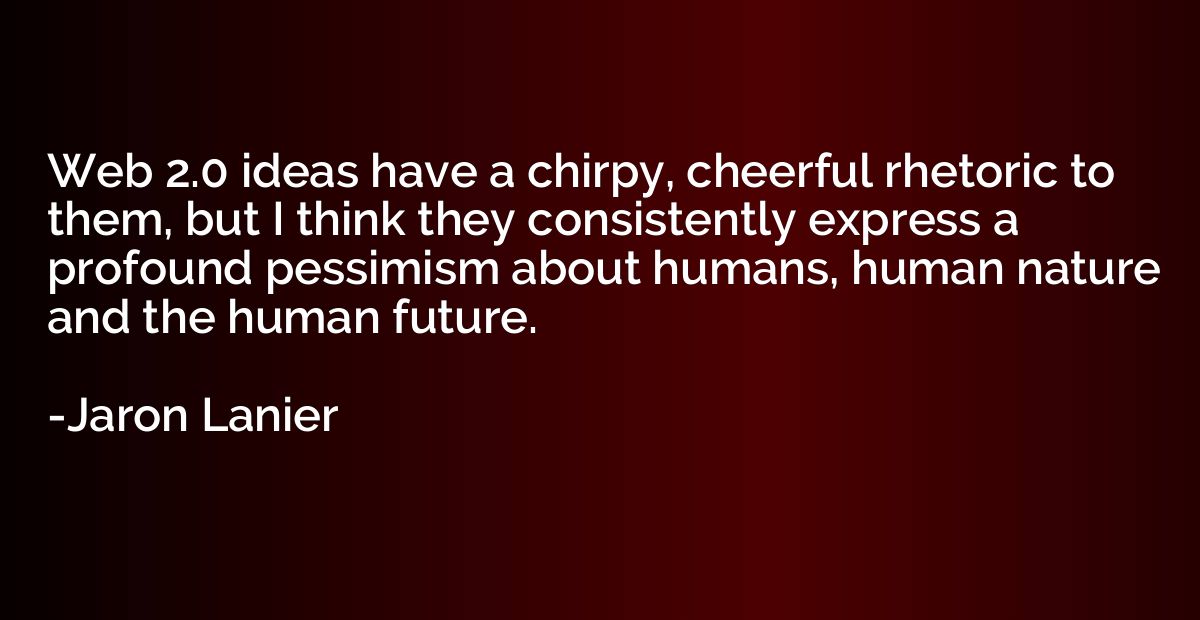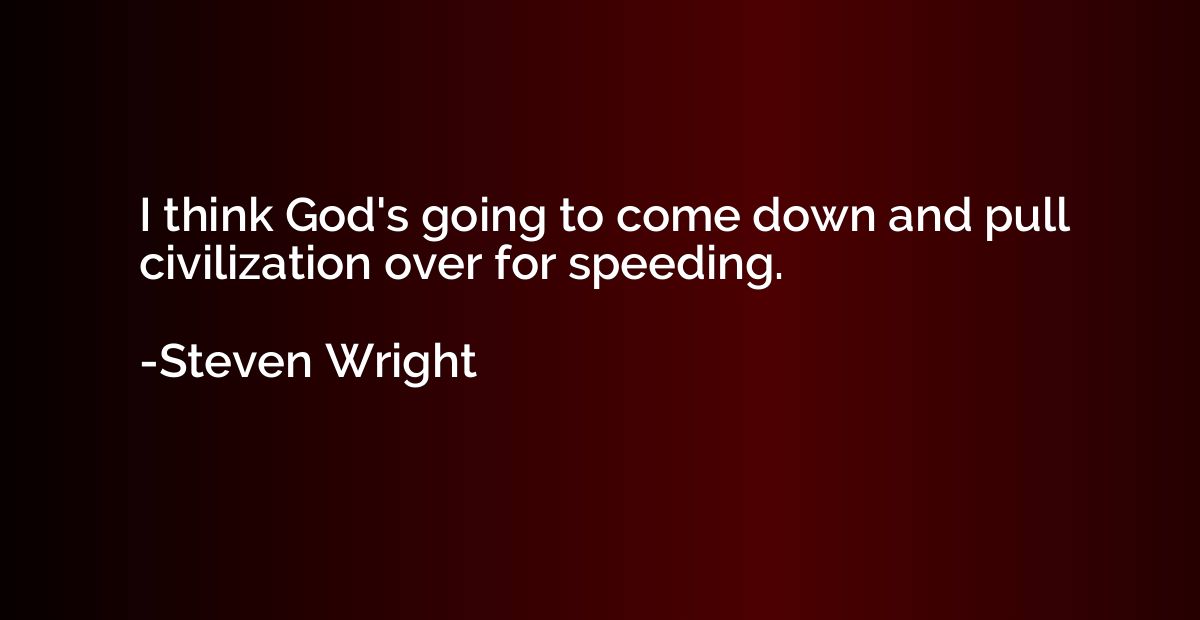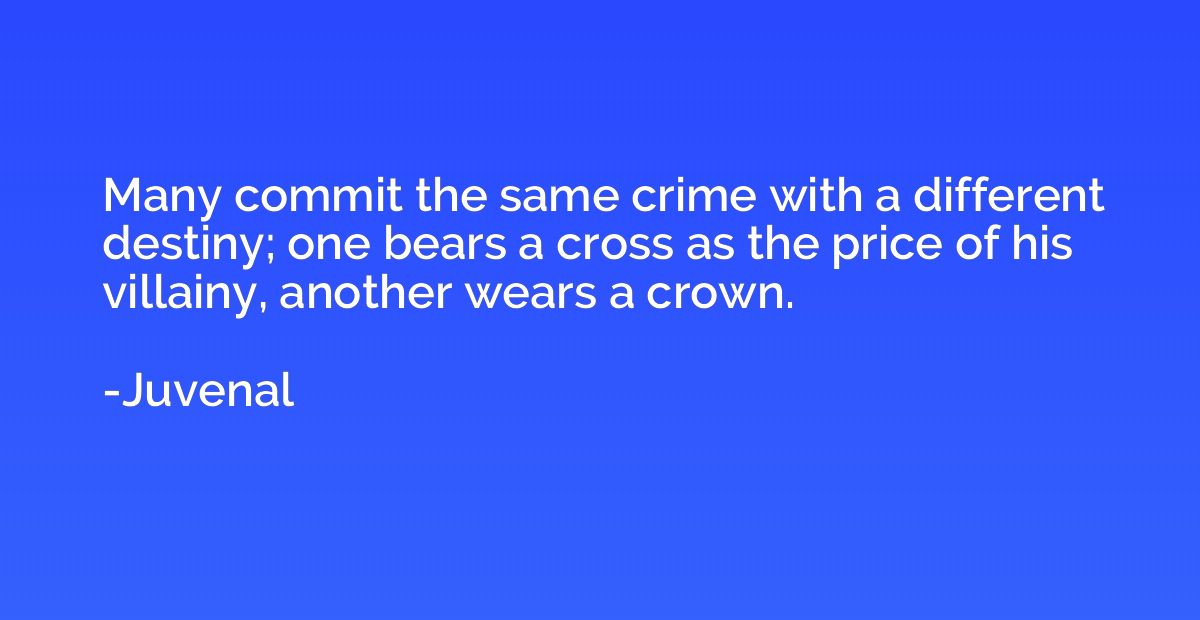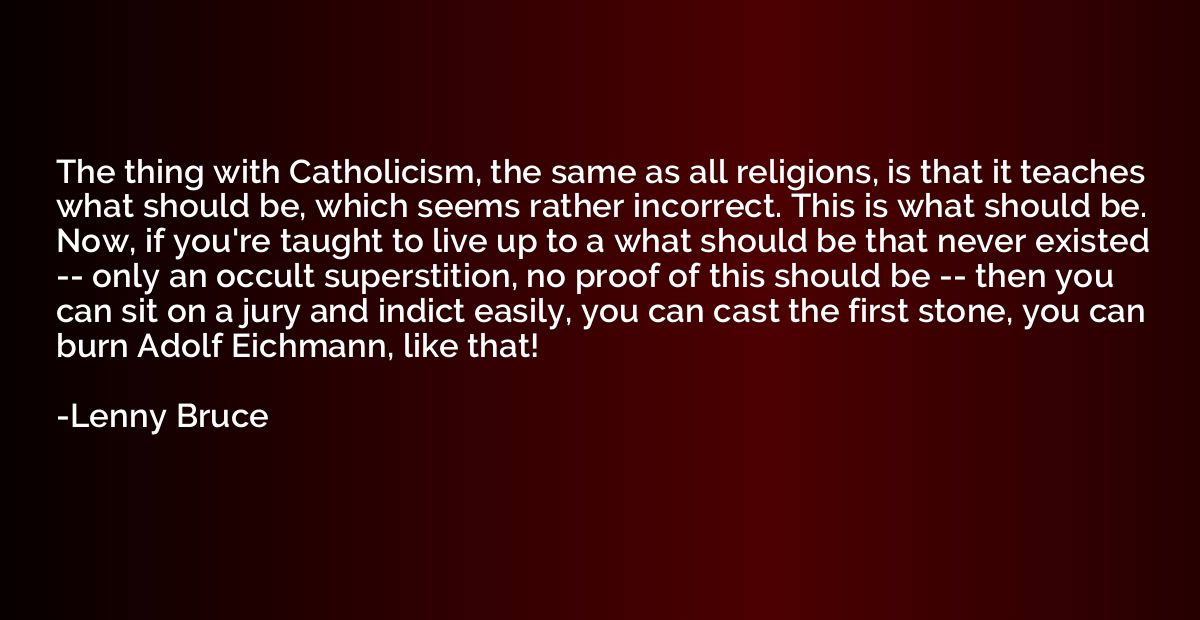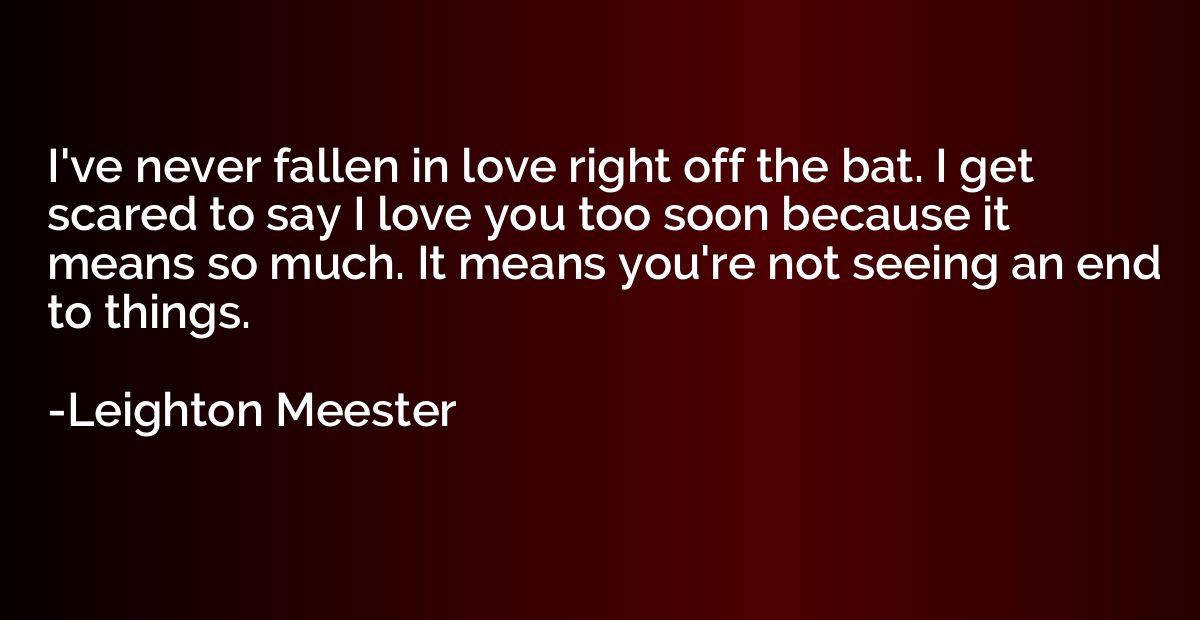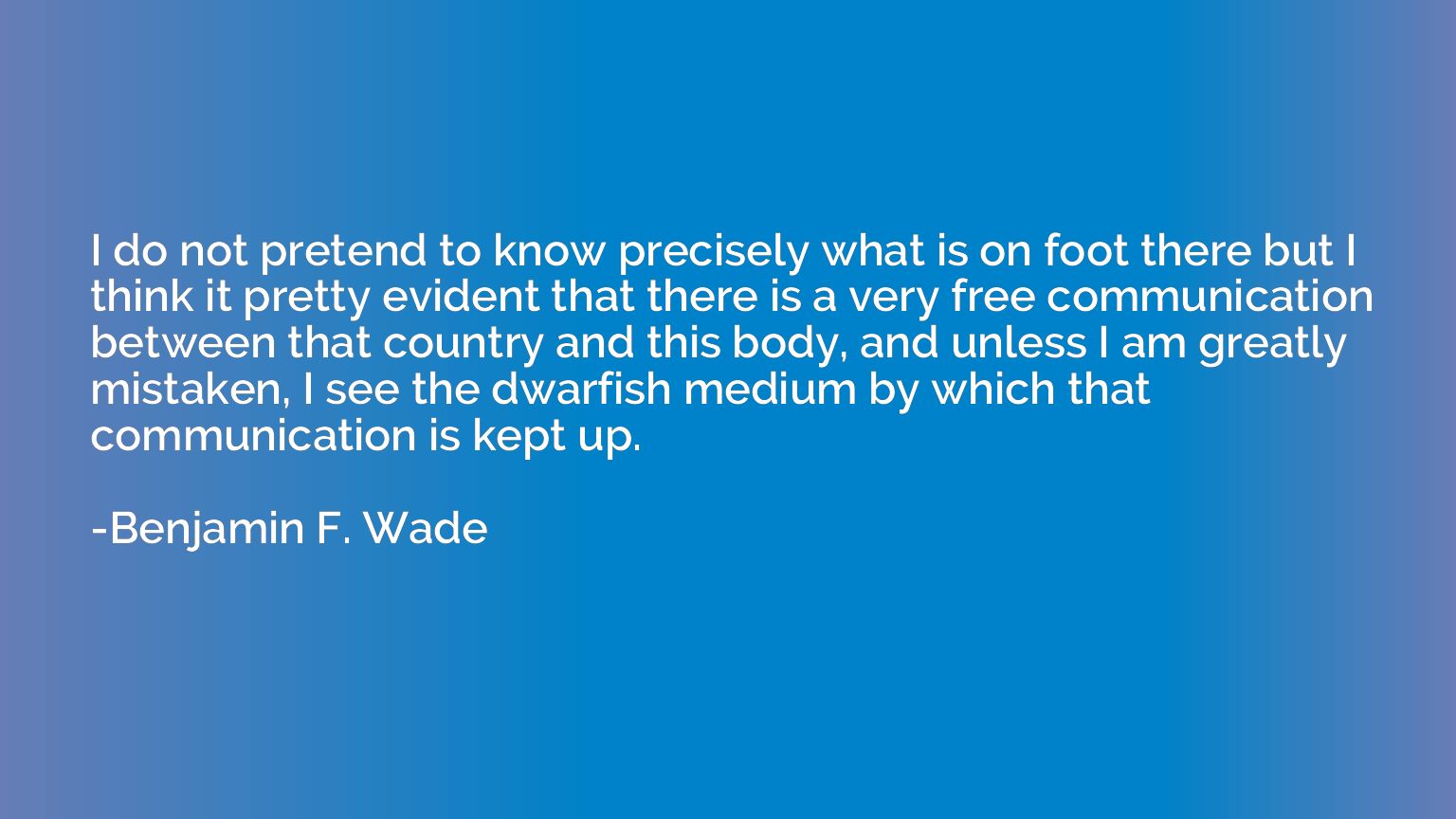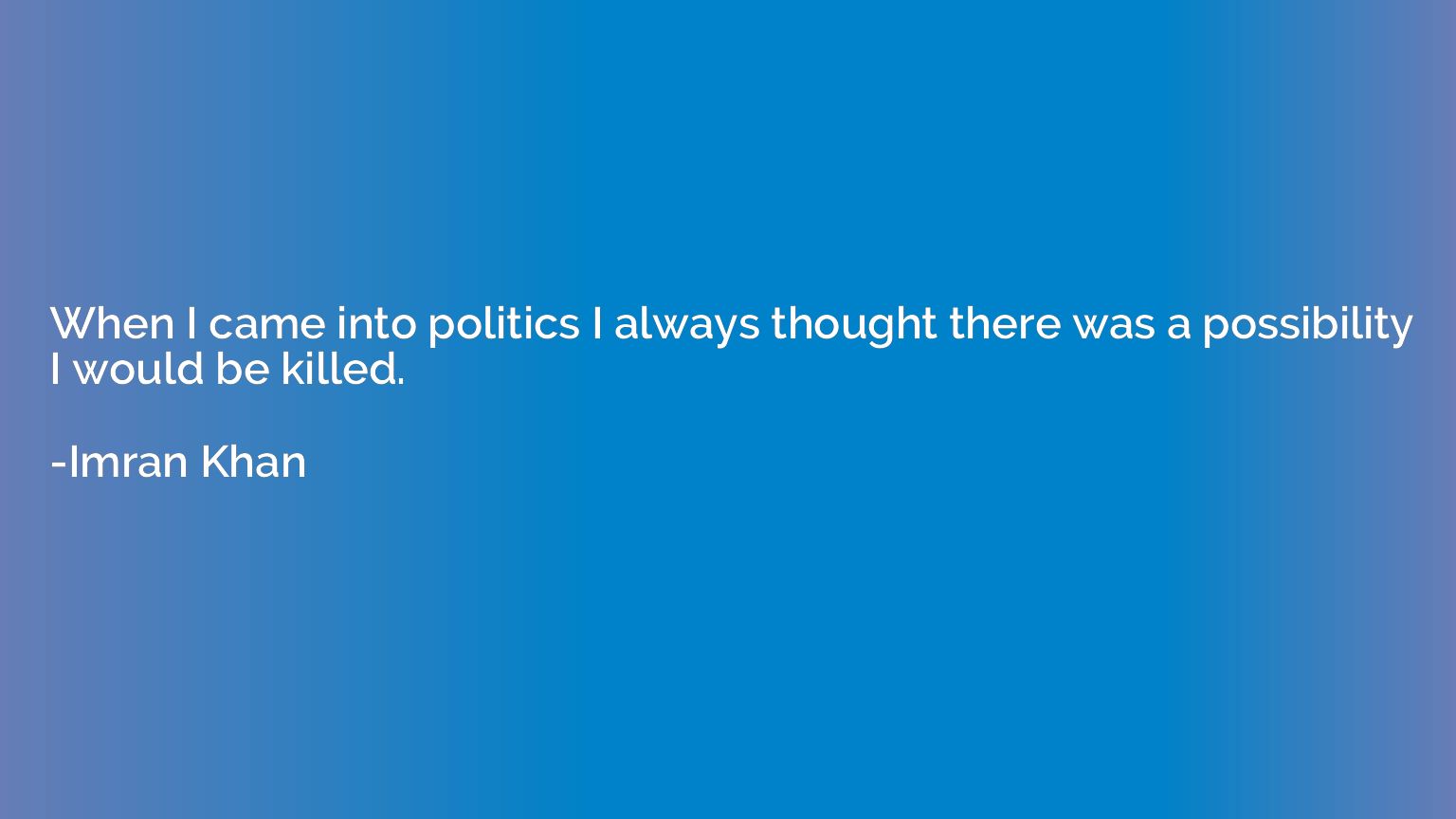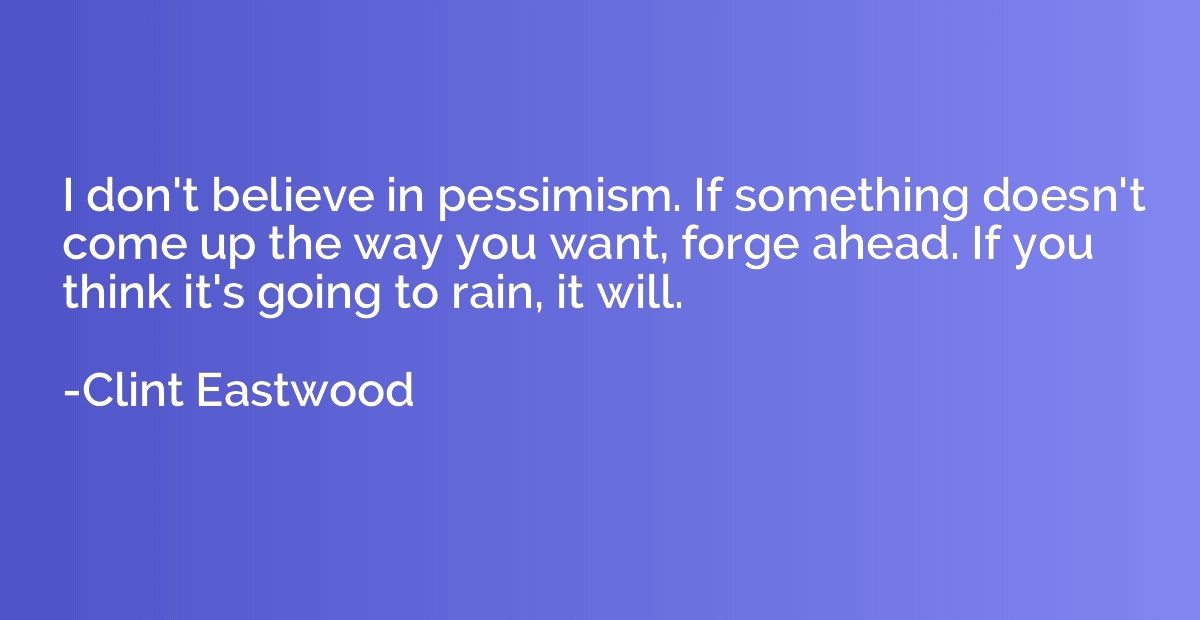Quote by Bertrand Russell
In democratic countries, the most important private organizations are economic. Unlike secret societies, they are able to exercize their terrorism without illegality, since they do not threaten to kill their enemies, but only to starve them.
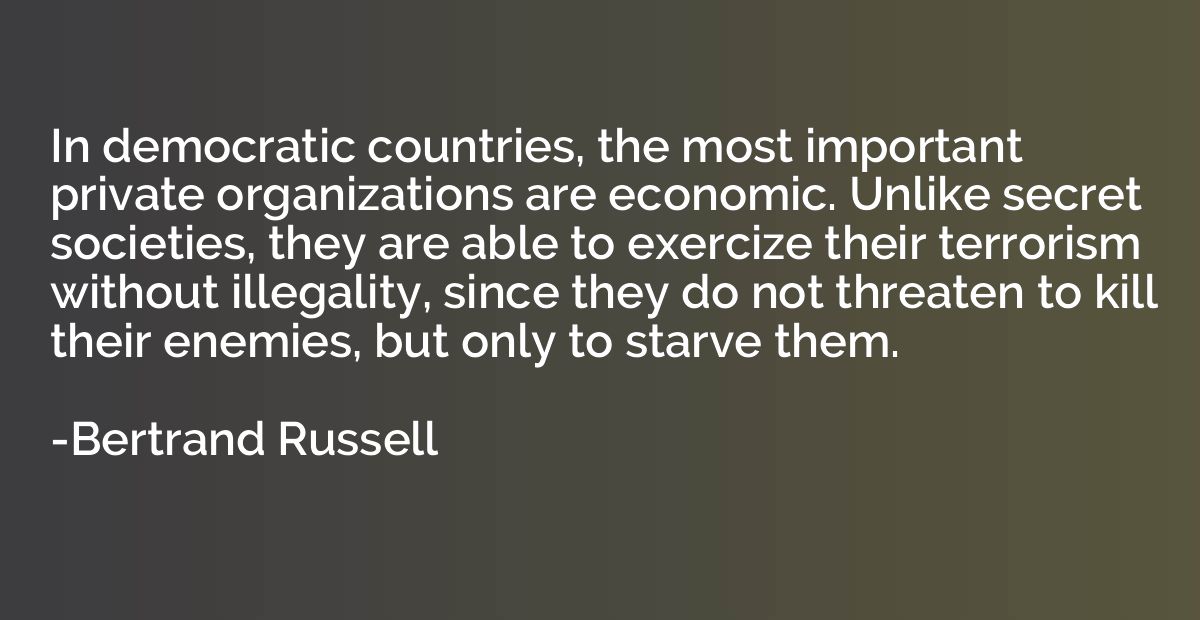
Summary
This quote suggests that in democratic countries, economic organizations hold significant power and influence. Unlike secret societies that resort to illegal means, economic organizations can exert their dominance legally by manipulating economic resources to their advantage. While they may not physically harm their opponents, they can effectively deprive them of resources and opportunities, creating a form of economic terrorism where the enemies are economically marginalized or weakened. Overall, the quote highlights the potentially destructive power wielded by economic organizations in a democratic setting.




